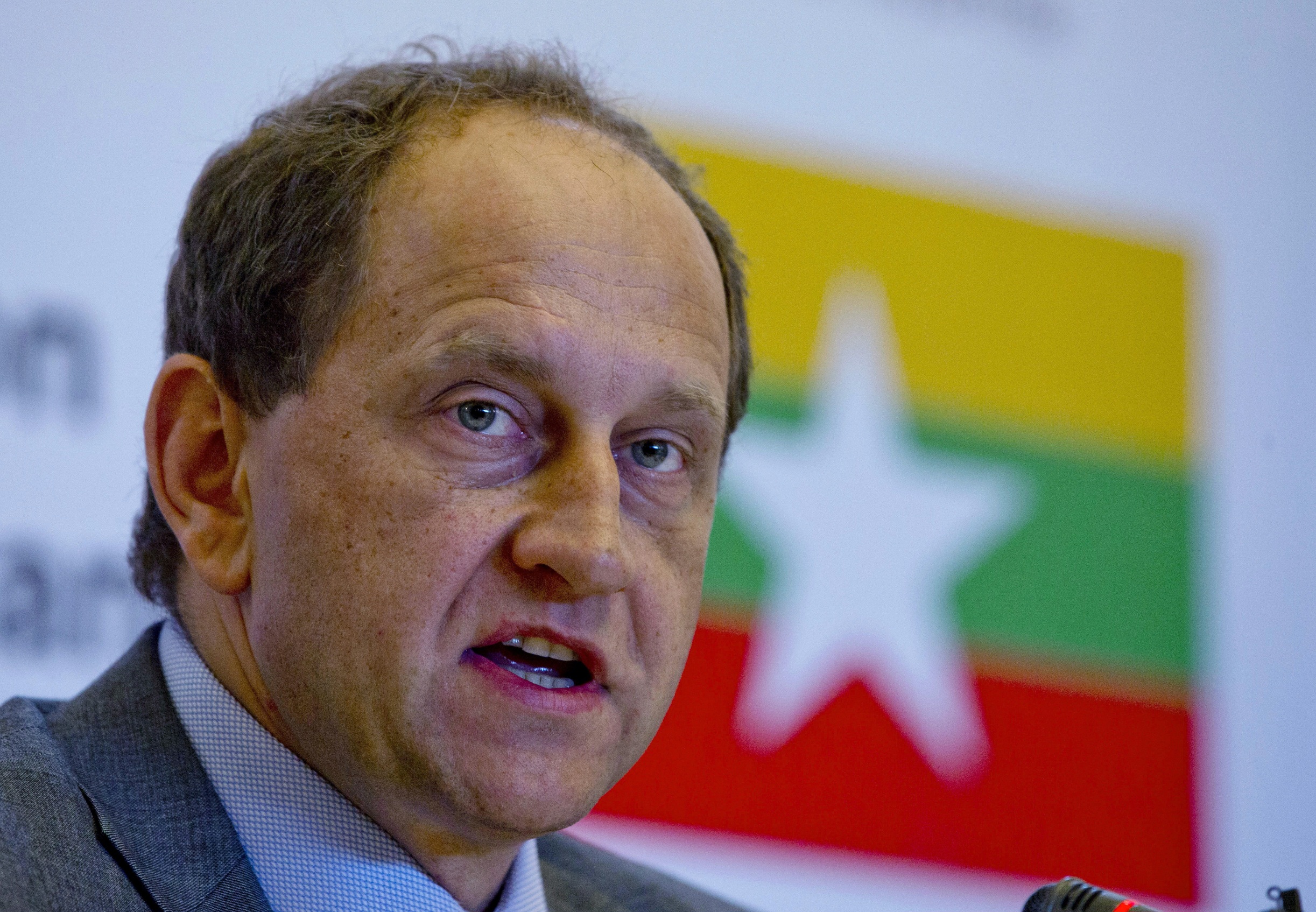BERLIN (AP) — Germany said Monday it recalled its ambassador to Russia for a week of consultations in Berlin following an alleged hacker attack on Chancellor Olaf Scholz’s party.
Germany last week accused Russian military agents of hacking into the top echelons of Scholz’s Social Democrats’ party and other sensitive government and industrial targets. Berlin joined NATO and fellow European countries in warning that Russia’s cyberespionage would have consequences.
The Foreign Office in Berlin said Monday that the government is taking the latest incident “seriously” and that Foreign Minister Annalena Baerbock had decided to call back German Ambassador Alexander Lambsdorff. He would return to Moscow after a week, it said.
“The German government takes this event very seriously as behaviour against our liberal democracy and the institutions that support it,” Foreign Office spokeswoman Kathrin Deschauer said.
Baerbock said last week that Russian military cyber operators were behind the hacking of emails of the Social Democrats, the leading party in the governing coalition. Officials said the hackers had exploited Microsoft Outlook.
The German Interior Ministry said in a statement last week that the hacking campaign began as early as March 2022, a month after Russia’s full-scale invasion of Ukraine, with emails at the Social Democrat party headquarters accessed beginning that December. It said German companies, including in the defence and aerospace sectors, as well as targets related to the war in Ukraine were the focus of the hacking attacks.
The statement said international efforts led by the FBI shut down in late January a botnet of compromised network devices used by the Russian hackers — known as APT28 or Fancy Bear. The group has a history of malicious and destabilising behaviour, according to the US State Department.
German officials said the attacks persisted for months.
Relations between Russia and the West have been tense since Moscow’s war with Ukraine. The US, Germany and many other European countries have been providing military support to Ukraine in the ongoing war.
In Copenhagen, Finnish Prime Minister Petteri Orpo said that “some Europeans still think that the war is only taking place in Ukraine, but right now we are seeing more and more aggressiveness from Russia.”
“We will probably see hybrid attacks in different areas. It can be critical infrastructure,” he added after a meeting with his Danish counterpart Mette Frederiksen. “What Russia is doing and planning is not acceptable. Russia is ready to use any means possible to harm our societies.”
In Prague, the Czech Foreign Ministry summoned Russia’s ambassador over the attacks by the same APT28 group linked to Russia’s GRU military intelligence unit.
“I have decided to summon the Russian ambassador because of the cyber attacks against Czech institutions and critical infrastructure,” Foreign Minister Jan Lipavsky said on X, the social media network. “We have called on the Russian Federation to refrain from this behaviour, which is contrary to UN standards and its own obligations.”






